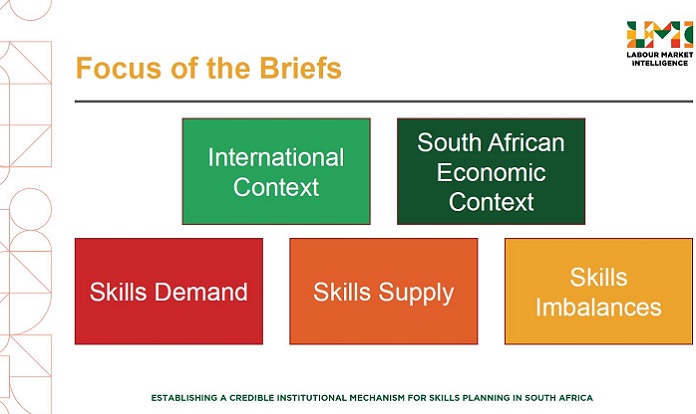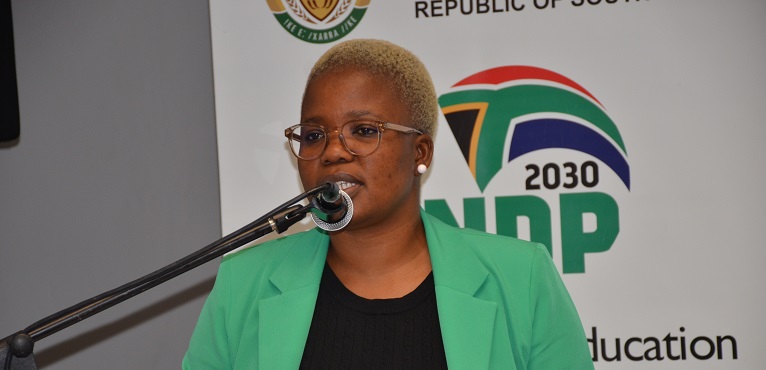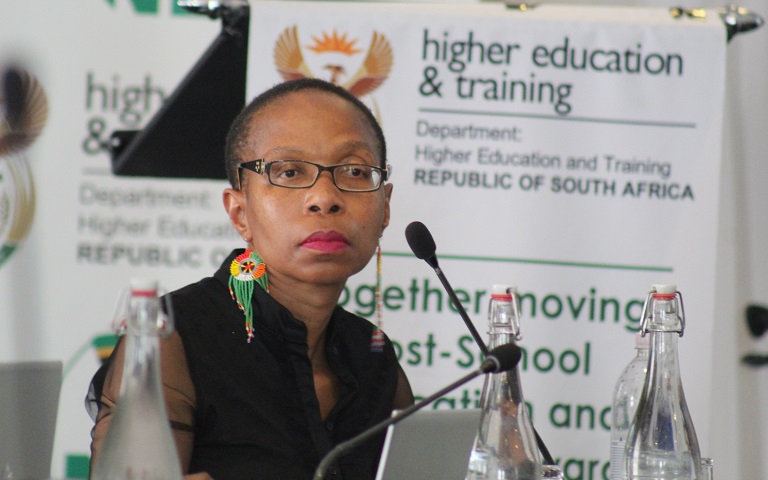Chaired by Prof Haroon Bhorat, Director of the DPRU, this virtual Round Table held on the 11th November 20201, aimed to obtain SETAs’ and other stakeholder inputs and feedback on the Proposal for the development of SETA Sector Briefs.
Ms Mamphoku Khuluvhe (Director: System Monitoring & Labour Market Intelligence) provided some background and context to the webinar, starting with the legislative mandate including the Skills Development Act (1998) and the White Paper for PSET. She shared how the sector briefs will address some of the current problems caused by duplication of research for instance. A key issue is that SSPs do not always adequately reflect an economy-wide perspective. Ms Khuluvhe’s slides are available 11.11.2021_Final_Ms M Khuluvhe_ Sector Briefs Webinar.
“Sector briefs will address these problems by availing cross-sectoral data and information to all SETAs; providing a single source of data for quantitative information; and aligning to the national report on skills supply and demand”. -Mamphokhu Khuluvhe
Dr Morne Oosthuizen (Deputy Director, DPRU) presented the SETA Sector Briefs proposal. He described how the standard template for the Sector Skills Plans (SSPs) leads to duplication of effort. Independent compilation also leads to potential inconsistencies, in definitions, data sources and methodologies. He shared how the purpose of the SETA Sector Briefs will provide a consistent and comparable source of data and analysis to feed into the SSPs. Download Dr Oosthuizen’s presentation here.
Following the two opening presentations, SETA representatives were offered an opportunity to respond, or raise questions:
-
– Vuyani Patrick Ntanjana (BankSETA) for example, asked about funding and timing.
– Lizzy Tefu (CHIETA) queried the data sources, asking if it would be possible for their SETA to use other data.
– Khanyisa Jack (CATHS SETA) explained that they face challenges soliciting data for some of the smaller sub sectors, and that they are made up of largely small enterprises that are exempt from contributing to the skills levy which is a source of data for the SETAS.
– Lucky Mkhonza (ETDP SETA) reminded the audience that demographics remain important.
– Mxolisi Gugushe (EWSETA) pointed out that when SETAs are driven by their expert industry opinion and need to engage with the sectors, that should not be viewed as duplication.
– Menzi Mthethwa (HWSETA) said that they welcome anything that can standardize and make work more focused, but that a framework is important so that the SETA can remain compliant.
– Josie Singaram (LGSETA) was concerned that the COVID-19 pandemic was not included as a change driver, and felt it is crucial to note that skills planning means different things at different levels.
– Laura Harris (merSETA) suggested that there is need for guidance in how to triangulate data coming out of the SSD report, and pointed out that SETAs are in contact with employer bodies, and can augment this with more qualitative data – but, given the clusters SETAs are arranged in, would the briefs add value to these reports?
– Andrica Letsoalo-Fuze (PSETA) welcomed the unemployment issue in terms of how to approach the skills imbalances.
– Mashabane Ledwaba (TETA) raised the issue that the publication date of the sector brief is key to the SETA.
– Mxolisi Maphakela (W&RSETA) noted that the international perspective is very important, so it will position the SETA as a sector and enable it to better respond to the demand in relation to the labour market. Attention should also be paid on the issue relating to reconstruction and recovery which relates to data coming out within Covid 19 and any other economic disruptions.
Ms Khuluvhe responded to the many comments by highlighting that in terms of timing, SETAS begin with the analysis around April or May. Re funding, the response turned from suggesting that assistance from SETA’s would be required, to Weziwe Sikaka’s suggestion that SETAs potentially rotate how they support on an annual basis, but that this could be taken to our platforms for discussion.
Slide presentations are also available on Dropbox.


